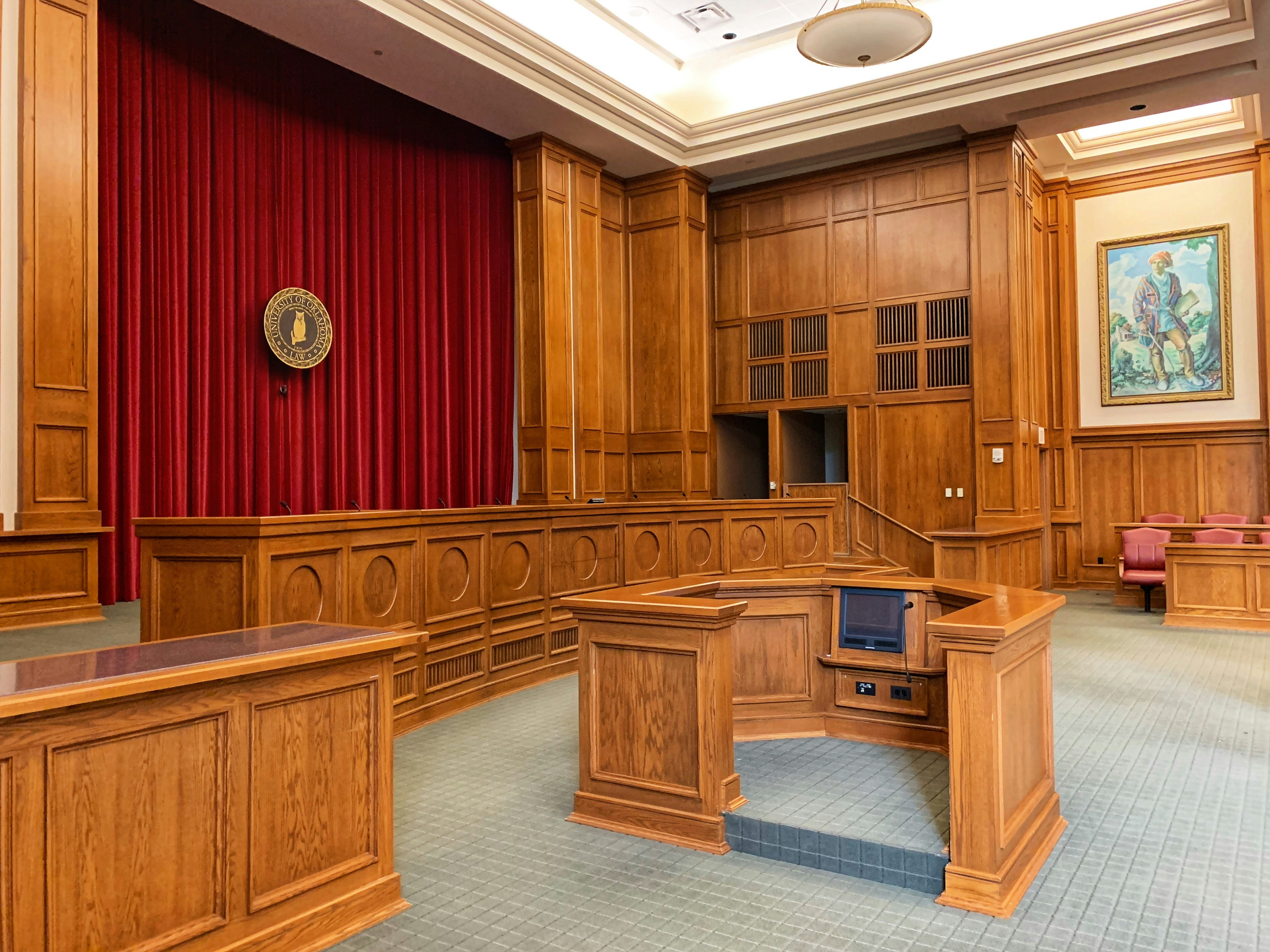Analyzing the Implications of the Establishment Clause in Contemporary Society
Introduction: This article delves into the Establishment Clause within the United States Constitution's First Amendment, its historical context, and its contemporary implications in modern society. It offers a fresh perspective on how the clause has evolved and continues to influence legal, social, and political dynamics.

The Establishment Clause: A Historical Overview
The Establishment Clause is the first part of the First Amendment of the U.S. Constitution, which states: “Congress shall make no law respecting an establishment of religion.” Rooted in the founders’ desire to prevent the establishment of a national religion or the favoring of one religion over others, this clause marked a significant departure from European traditions at the time.
From the Founding Era to Modern Interpretations
Over the centuries, interpretation of the Establishment Clause has been a subject of intense legal debate. From the founding era’s broad interpretations intending to prohibit a national religion, the Supreme Court’s view of the clause has gradually shifted. Key rulings like Everson v. Board of Education (1947) interpreted the clause to mean a “wall of separation” between church and state, expanding its implications beyond merely prohibiting a national religion.
The Establishment Clause in Recent Legal Developments
In the 21st century, the Establishment Clause continues to feature in significant court rulings. For instance, the 2019 case American Legion v. American Humanist Association, where the Supreme Court ruled that a cross memorial on public land did not violate the Establishment Clause, demonstrates the ongoing relevance and contentiousness of this constitutional provision.
Social Implications and Impact on Society
The interpretation and application of the Establishment Clause significantly impact society, influencing issues ranging from education policy to public displays of religion. With each court ruling, the line between permissible accommodation of religion and unconstitutional endorsement becomes clearer yet remains a subject of intense debate.
The Future of the Establishment Clause
Looking ahead, the Establishment Clause will continue to shape legal and social landscapes. As America becomes more religiously diverse, the interpretation of the clause will undoubtedly evolve, sparking new debates and legal battles. These may touch on issues such as religious exemptions from laws, government funding for religious organizations, and the role of religion in public life.
In conclusion, the Establishment Clause of the First Amendment, while rooted in historical context, remains a critical part of contemporary legal, social, and political discussions. As society changes, so does the interpretation and application of this clause, reflecting the dynamic nature of constitutional law. By understanding its evolution and current implications, citizens can better grasp the ongoing debates about the role of religion in public life.




